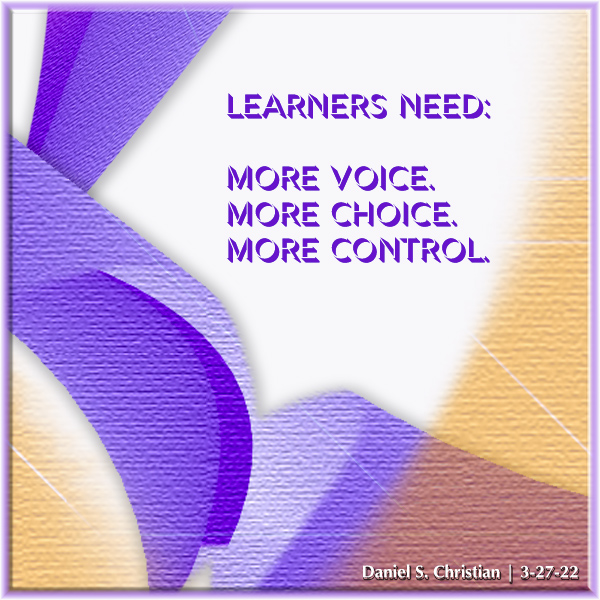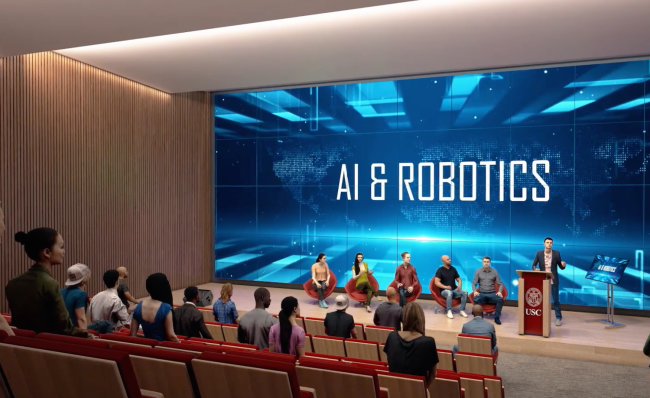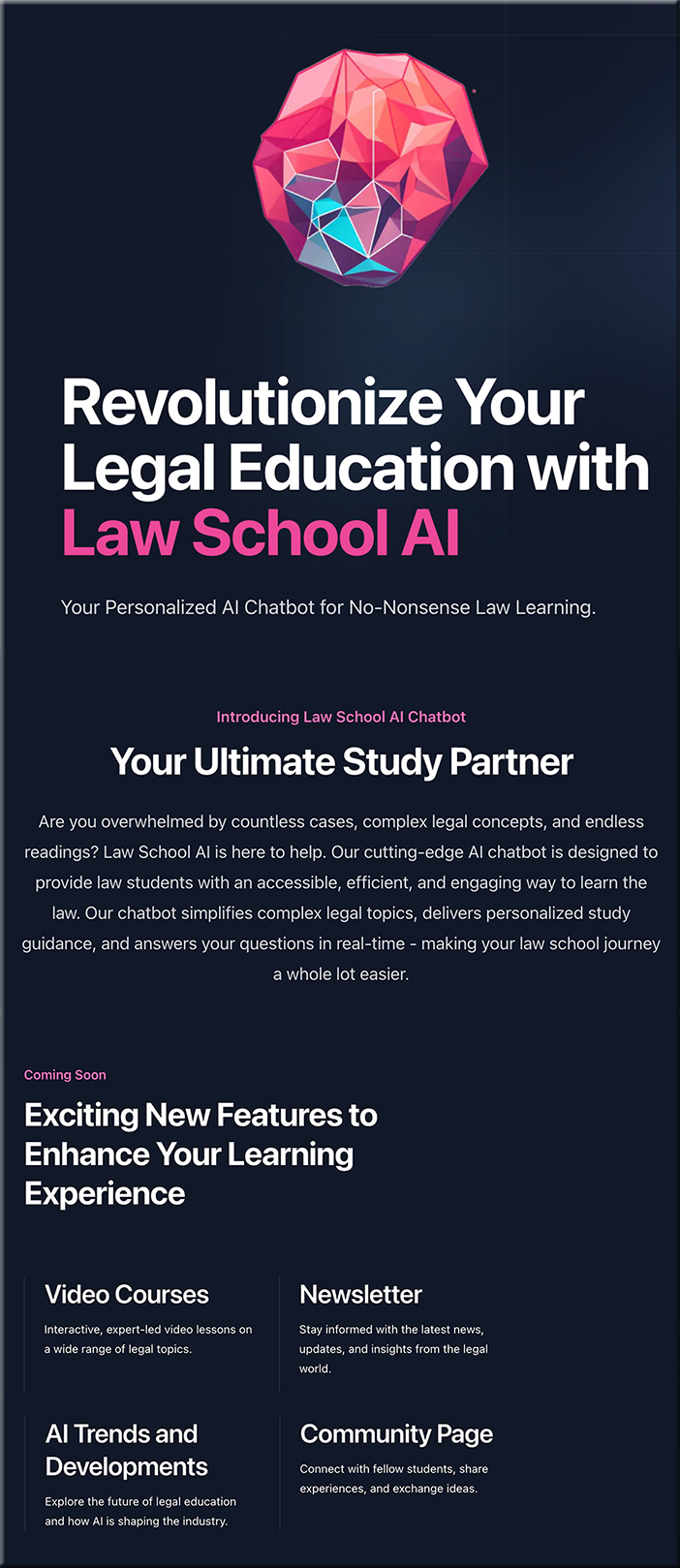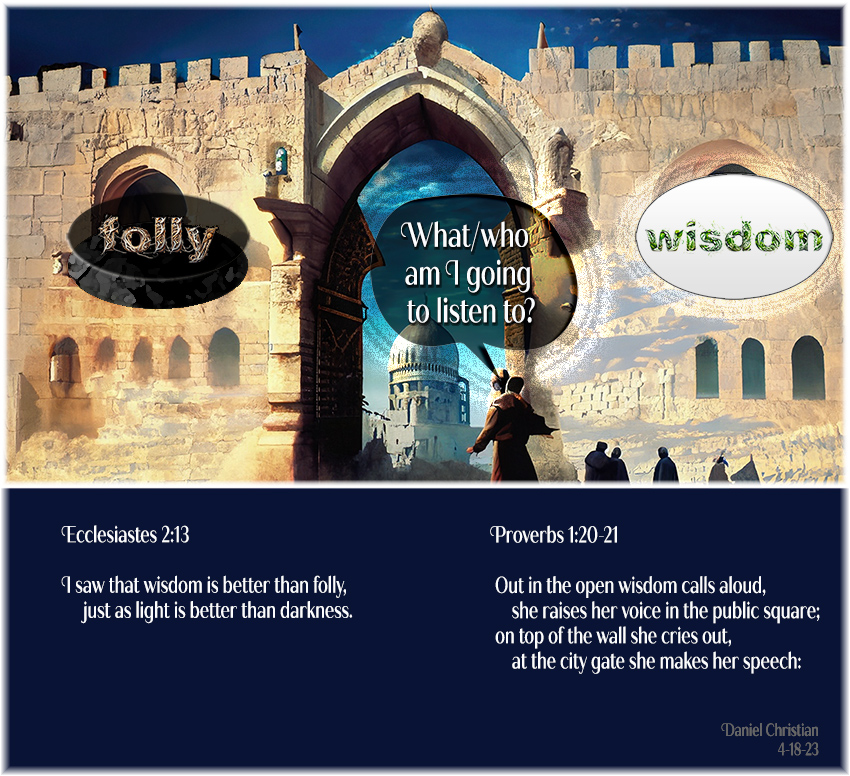From DSC:
Regarding the core curricula of colleges and universities…
For decades now, faculty members have taught what they wanted to teach and what interested them. They taught what they wanted to research vs. what the wider marketplace/workplace needed. They were not responsive to the needs of the workplace — nor to the needs of their students!
And this situation has been all the more compounded by the increasing costs of obtaining a degree plus the exponential pace of change. We weren’t doing a good job before this exponential pace of change started taking place — and now it’s (almost?) impossible to keep up.
The bottom line on the article below: ***It’s sales.***
Therefore, it’s about what you are selling — and at what price. The story hasn’t changed much. The narrative (i.e., the curricula and more) is pretty much the same thing that’s been sold for years.
But the days of faculty members teaching whatever they wanted to are over, or significantly waning.
Faculty members, faculty senates, provosts, presidents, and accreditors are reaping what they’ve sown.
The questions are now:
- Will new seeds be sown?
- Will new crops arise in the future?
- Will there be new narratives?
- Will institutions be able to reinvent themselves (one potential example here)? Or will their cultures not allow such significant change to take place? Will alternatives to institutions of traditional higher education continue to pick up steam?
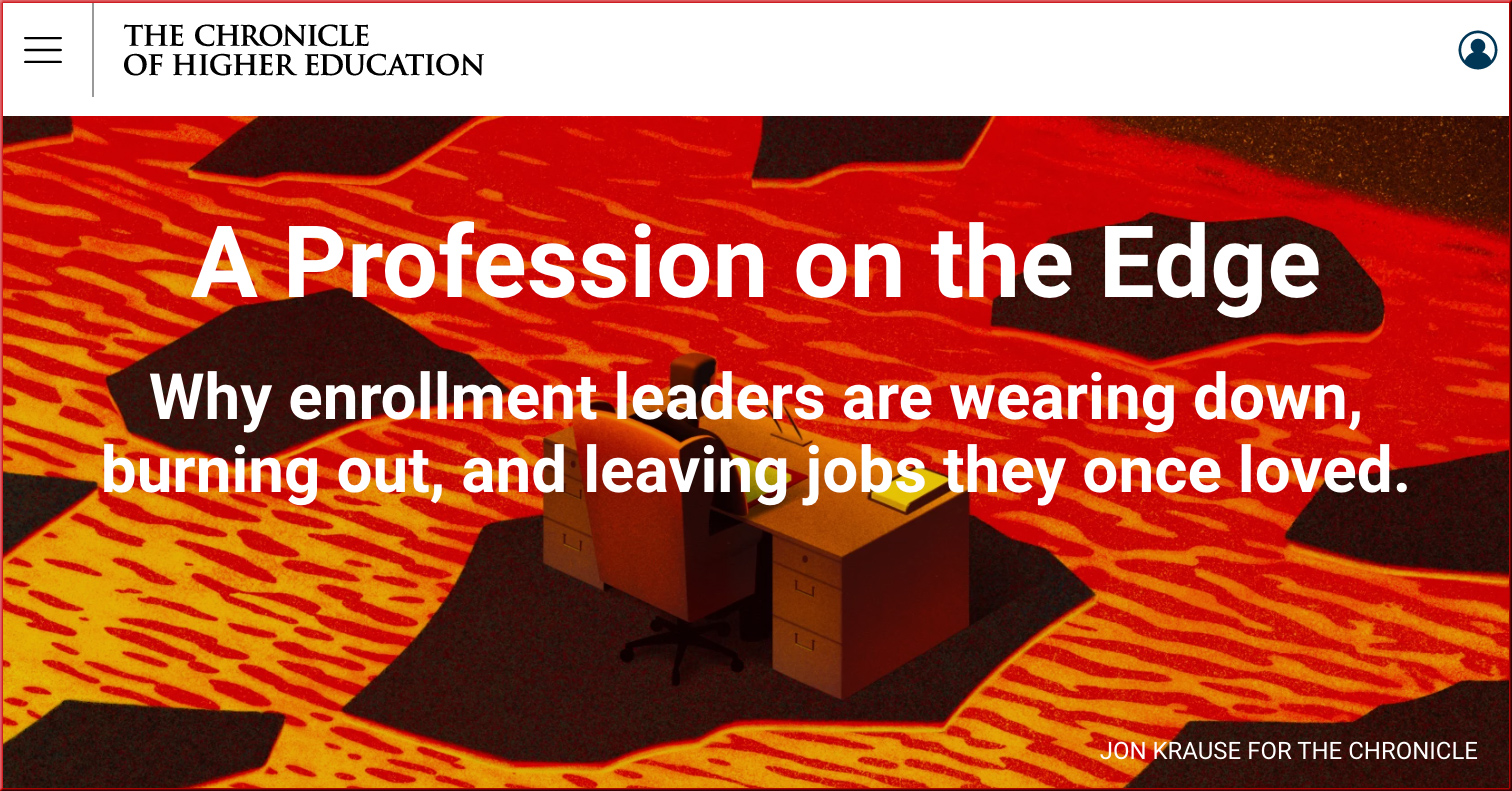
A Profession on the Edge — from chronicle.com by Eric Hoover
Why enrollment leaders are wearing down, burning out, and leaving jobs they once loved.
Excerpts:
Similar stories are echoing throughout the hallways of higher education. Vice presidents for enrollment, as well as admissions deans and directors, are wearing down, burning out, and leaving jobs they once loved. Though there’s no way to compile a chart quantifying the churn, industry insiders describe it as significant. “We’re at an inflection point,” says Rick Clark, executive director of undergraduate admission at Georgia Tech. “There have always been people leaving the field, but not in the numbers we’re seeing now.”
Some are being shoved out the door by presidents and boards. Some are resigning out of exhaustion, frustration, and disillusionment. And some who once sought top-level positions are rethinking their ambitions. “The pressures have ratcheted up tenfold,” says Angel B. Pérez, chief executive of the National Association for College Admission Counseling, known as NACAC. “I talk with someone each week who’s either leaving the field or considering leaving.”
From DSC:
This quote points to what I’m trying to address here:
Dahlstrom and other veterans of the field say they’ve experienced something especially disquieting: an erosion of faith in the transformational power of higher education. Though she sought a career in admissions to help students, her disillusionment grew after taking on a leadership role. She became less confident that she was equipped to effect positive changes, at her institution or beyond, especially when it came to the challenge of expanding college access in a nation of socioeconomic disparities: “I felt like a cog in a huge machine that’s not working, yet continues to grind while only small, temporary fixes are made.”









